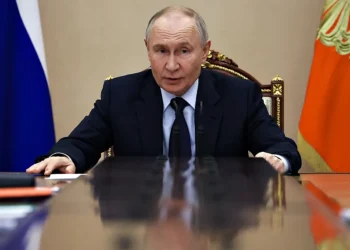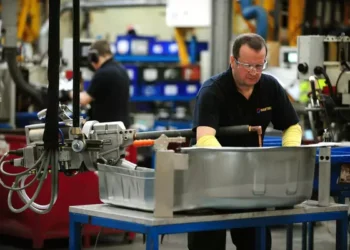As it gets ready for next month’s budget, the government is confronted with a larger-than-expected hole in the public coffers. According to the BBC, the chancellor may have to pay a £20 billion gap to meet her tax and spending rules if the government’s official forecaster downgrades the UK’s productivity performance.
According to Rachel Reeves, the budget for next month may include both tax increases and spending reductions. Treasury declined to comment on “speculation” ahead of the Office for Budget Responsibility’s (OBR) final forecast, which will be released on November 26 alongside the budget. It occurred as the chancellor told a Saudi Arabian audience that Brexit is partly to blame for the UK’s high inflation rate.
Because the Bank of England has maintained higher interest rates to combat inflation, persistently rising prices have slowed the growth of the UK economy. This has made it more difficult for Reeves to balance expenditure and taxation within her fiscal guidelines.
Reeves argued that stronger economic ties with the EU could reduce inflation and spur economic growth. “Inflation is too high in countries around the world, including in the UK, and one of the reasons for that is that there is too much cost associated with trade with our nearest neighbors and trading partners,” she said.
Also Read:
How the Country’s Desire for Pizza Hut Declined
Elias Hakalehto: Pioneering the Invisible to Drive a Sustainable Future































































